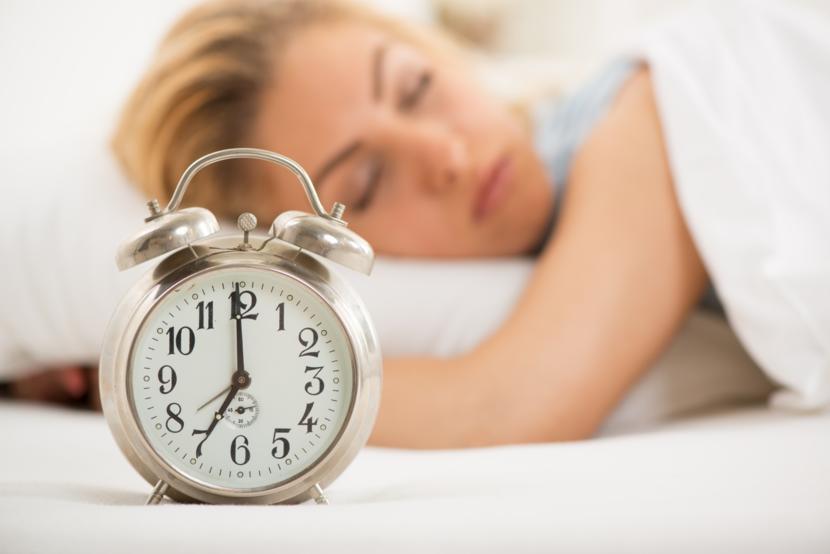What Are the Effects of Oversleeping?

It goes without saying that adequate sleep is key for good health. Excessive sleeping is associated with a number of diseases and may also increase the risk of death. But since this condition is not very commonly discussed, many people are not aware of the harmful effects of oversleeping.
The amount of sleep one needs varies throughout the different stages of life. It depends on several factors like age, amount of physical activity, health, and lifestyle habits. The need for extra sleep increases with stress and any illness. In general, an adult needs about seven to nine hours of sleep per night.
Oversleeping is associated with a number of medical conditions, like:
- Diabetes – Oversleeping and sleep deprivation both increase the risk of diabetes. Studies report that people who sleep for more than nine hours per night have a 50% higher chance of getting diabetes. It also can be a symptom of an underlying condition that will lead to diabetes at a later stage.
- Obesity – Oversleeping can add pounds to your body weight. The risk of obesity increases by 21% in people who sleep for more than nine to ten hours per night.
- Headaches – Sleeping for a longer duration may trigger headaches in those who often get headaches. Experts are of the opinion that oversleeping increases the amount of neurotransmitters, which may lead to headaches.
- Back pain – Contrary to belief that people who have back pain should rest more, doctors now recommend more physical activity and less relaxation for fast recovery.
- Depression – Studies show that people who have depression tend to oversleep, when compared to others. This, in turn, worsens the symptoms of depression further.
- Heart disease – Women who sleep for more than 10 hours per night have a 38% higher risk of developing coronary heart disease, than those who sleep for about seven to eight hours per night.
Oversleeping may lead to symptoms like anxiety, lethargy, and memory problems. Obstructive sleep apnea may lead to increased need for sleep per night, as the condition disrupts the normal sleep cycle. Some other common causes of oversleeping includes substance abuse and certain medications.












